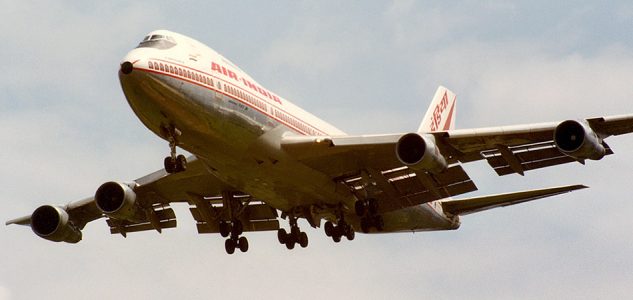Troubling gap between fact and awareness brings together Air India families, scholars and artists

BY Wade Hemsworth
May 5, 2016
A few years ago, Chandrima Chakraborty needed to look up some published research on the Air India tragedy for a course she was teaching. She was shocked to find there was nothing available.
The mid-air bombing of June 23, 1985 killed 329 people. It was the worst mass murder in Canadian history, and until the attacks of Sept. 11, 2001, the most deadly terror incident ever involving an aircraft.
So where were the studies?
The absence of scholarship, she found, was consistent with the broader and more troubling fact that the Air India disaster has yet to find its proportionate place in the wider Canadian consciousness, even after a long court trial and a public inquiry.
Belatedly, the tragedy has come to be known as Canada’s 9/11, but that label – any label – came more than 16 years later.
The mismatch between the scale of the tragedy and its representation in the public memory may have many explanations, Chakraborty says, some of them disturbing.
It could be that the bombing is regarded as an Indian issue, since it was motivated by political conflicts rooted there, or as an Irish story, since the plane exploded in Irish airspace.
It may be that since most of the Canadian victims were of Indian ancestry, that their fellow Canadians discounted them as outsiders.
Whatever the reason, the result was that the tragedy had been rendered a kind of historical orphan, an especially painful outcome for the families of the victims.
Chakraborty, an associate professor of English and Cultural Studies at McMaster, rolled up her sleeves and plunged into the subject herself, conducting her own interviews with dozens of relatives of the people who died when the plane exploded.
Her work and determination have led her to take the lead in organizing a special conference at McMaster Innovation Park Friday and Saturday, which will bring together relatives of the victims with authors and scholars in a field that is still just emerging, more than 30 years after the fact.
History, Memory, Grief: A 30th Air India Anniversary Conference will feature presentations by victims’ relatives, authors who have discussed the tragedy in fiction, and researchers who, like Chakraborty, are trying to close the gap between what happened and what Canadians remember.
“We hope that this attempt to reach out to and connect with academic and non-academic partners, will allow us to learn from forgotten histories of loss and suffering and their impact on our shared present,” she says.

